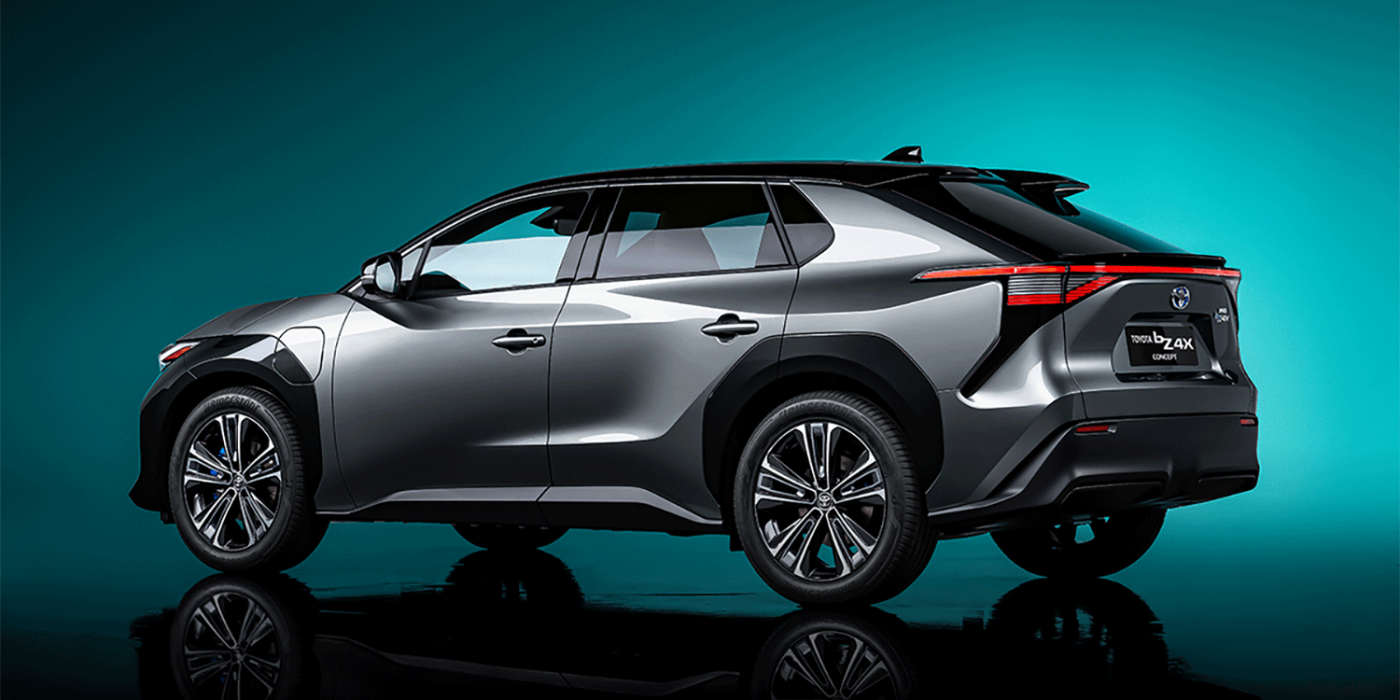Toyota announces major battery investment
Toyota plans to invest a total of 1.5 trillion yen (about 11.5 billion euros) in expanding its battery production and battery development by 2030. In addition, Toyota is increasing its battery production target from 180 GWh to at least 200 GWh by 2030.
Unlike most other manufacturers, Toyota relies on its own battery technology in its electric cars – especially hybrids. According to media reports, Toyota and its cooperation partner, the Toyota parent Toyota Industries, are still the world market leader in patents for car batteries.
With the investments and capacity expansion announced, the Japanese company apparently wants to expand this competitive advantage. However, this does not mean that the world’s largest car manufacturer by volume will now switch entirely to battery-electric vehicles.
At a briefing, Masahiko Maeda, Toyota’s chief technology officer, said: “We expect (…) to go beyond the 180 GWh of batteries we are currently considering and provide 200 GWh or more worth of batteries if BEV penetration is faster than expected. Therefore, the amount of investment in the development of a battery supply system and research and development is (…) expected to be about 1.5 trillion yen by 2030.”
By comparison, Toyota currently produces batteries with a cumulative energy content in the order of six GWh annually. In terms of electrification, Toyota basically plans to continue with a mix of hybrids, BEVs and fuel cell cars. During the briefing, Maeda reiterated, among other things, the group’s statement that pure electric cars are “only one path to carbon-neutral mobility”.
By 2025, the Japanese carmaker plans to introduce a total of 15 battery-electric vehicles worldwide and expand its electrified model range to more than 70 vehicles globally. In Europe, Toyota says this will lead to a powertrain mix of more than 70 per cent hybrids, around 10 per cent plug-in hybrids and a good 10 per cent zero-emission models – both battery-electric and fuel cell cars – by 2025.
For 2030, the group also forecasts global sales of eight million electrified vehicles – including two million battery-electric and fuel cell cars. In Europe, only electric vehicles are to be sold at that time, although Toyota assumes that hybrids will still be 60 per cent in demand at that point. For other markets, Toyota is keeping the drive technology completely open from 2030 onwards.
So much for the long-term sales targets. Let’s return to the battery strategy of the Japanese company. Another aspect of the roadmap is cost. Basically, the company aims to reduce the manufacturing costs of its batteries by 30 per cent by “working on the materials used and the way the cells are constructed”.
In addition, the vehicles themselves are also to become more economical: “We want to improve the vehicle’s power consumption (…) by 30 %, starting with the Toyota bZ4X,” Maeda continues. The bZ4X is a battery-electric compact SUV unveiled in April and expected to go into production in mid-2022. It is the first concretely envisioned BEV series from Toyota’s core brand.
The cost reduction in the batteries themselves, combined with the improved energy efficiency of the vehicles (and thus the potential installation of smaller batteries), is expected to reduce the battery cost per vehicle by 50 per cent in the second half of the 2020s compared to the Toyota bZ4X. “To make BEVs popular, we want to offer BEVs at a reasonable price,” Maeda adds.
Toyota also has high hopes for the development of solid-state batteries. Maeda said that Toyota’s goal of starting to produce solid-state batteries by the mid-2020s has not changed. These are also to be used in hybrid cars.





1 Comment